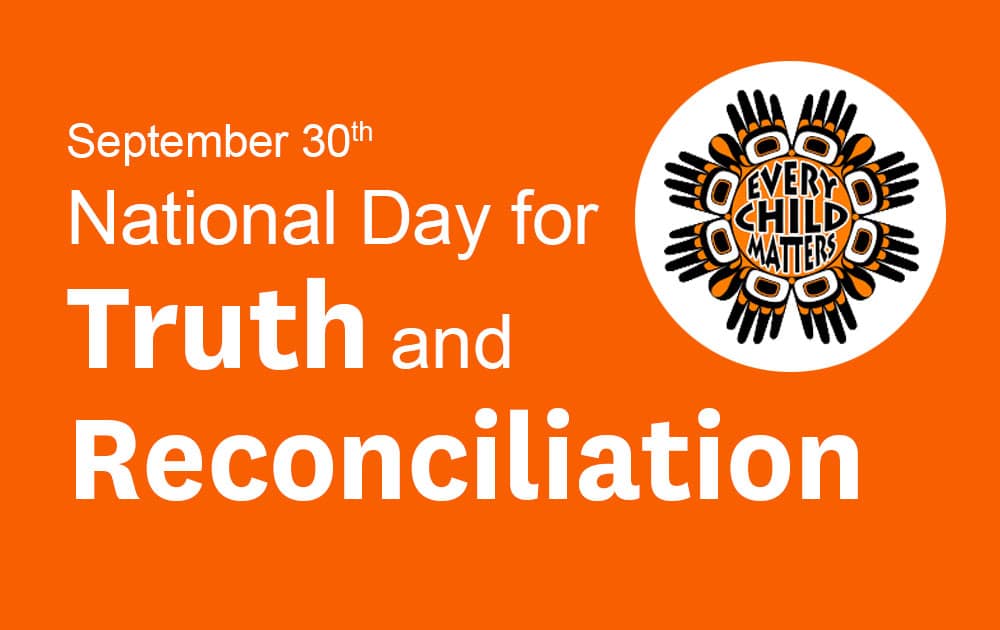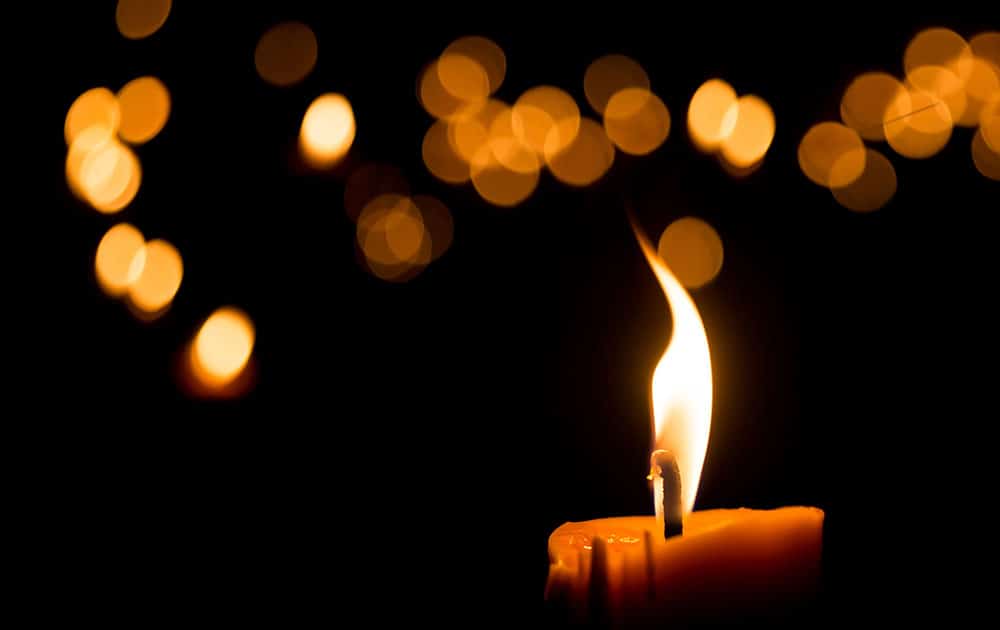
September 30, 2021 is the first annual day of Truth and Reconciliation.
What is the National Day for Truth and Reconciliation?
It is a federal statutory holiday that gives the public a chance to recognize and commemorate the intergenerational harm that residential schools have caused to Indigenous families and communities, and to honor those who have been affected by this injustice.
Although the last residential school closed in 1996, many other events such as the Sixties Scoop and the over-representation of Indigenous children in the child welfare system contribute to the lasting effects of colonialism on children, families, and communities.

Where does this day come from?
This national day is one of the Call-to-Actions from the Truth and Reconciliation Commissions of 2015 that investigated the abuse, trauma, and torturous acts within residential schools (including the sixties scoop, day schools, and other kidnappings of Indigenous children into the child welfare system). Within the report is 94 Calls-to-Action, this statutory holiday is #80.
Truth and Reconciliation Call-to-Action #80
We call upon the federal government, in collaboration with Aboriginal peoples, to establish, as a statutory holiday, a National Day for Truth and Reconciliation to honour Survivors, their families, and communities, and ensure that public commemoration of the history and legacy of residential schools remains a vital component of the reconciliation process.
Why this day?
September 30th is also Orange Shirt Day, a day to recognize, reflect, take action, and honor Survivors, their families, and communities impacted by residential schools.
Orange Shirt Society was created in remembrance of Phyllis Webstand who was 6 years old when her grandmother gave her an orange shirt to wear to school. Upon arrival at the residential school, Phyllis was stripped of her clothing and her hair was cut. This day and the color orange now commemorate the legacy and trauma of residential schools. Every child matters.
What do Truth and Reconciliation mean?
Transparency, recognition, remembrance, action, healing, and justice. The 10 principles of reconciliation are (source: Truth and Reconciliation Commission of Canada):
- The United Nations Declaration on the Rights of Indigenous Peoples is the framework for all reconciliation at all levels and across all sectors of Canadian society.
- First Nations, Inuit, and Métis peoples, as the original peoples of this country and as self-determining peoples, have Treaty, constitutional, and human rights that must be recognized and respected.
- Reconciliation is a process of healing relationships that requires public truth sharing, apology, and commemoration that acknowledge and redress past harms.
- Reconciliation requires constructive action on addressing the ongoing legacies of colonialism that have had destructive impacts on Aboriginal people’s education, culture and languages, health, child welfare, the administration of justice, and economic opportunities and prosperity.
- Reconciliation must create a more equitable and inclusive society by closing the gaps in social, health, and economic outcomes that exist between Aboriginal and non-Aboriginal Canadians.
- All Canadians, as Treaty peoples, share responsibility for establishing and maintaining mutually respectful relationships.
- The perspectives and understandings of Aboriginal Elders and Traditional Knowledge Keepers of the ethics, concepts, and practices of reconciliation are vital to long-term reconciliation.
- Supporting Aboriginal peoples’ cultural revitalization and integrating Indigenous knowledge systems, oral histories, laws, protocols, and connections to the land into the reconciliation process are essential.
- Reconciliation requires political will, joint leadership, trust-building, accountability, and transparency, as well as a substantial investment of resources.
Reconciliation requires sustained public education and dialogue, including youth engagement, about the history and legacy of residential schools, Treaties, and Aboriginal rights, as well as the historical and contemporary contributions of Aboriginal peoples to Canadian society.

Things to Do on This Day
Wear orange, talk to those around you or reflect individually, listen to Indigenous voices, learn through discussion and Indigenous based resources, join online Zoom or in-person events, donate directly to Indigenous based organizations and foundations, including artists and businesses.
A few of the events on September 30:
- Survivor Stories & Panel Discussion: https://nctr.ca/national-day-for-truth-and-reconciliation-survivor-stories-panel-discussion/
- Nation-wide events: https://www.nationalobserver.com/2021/09/27/news/canadas-first-national-day-truth-reconciliation-commemorated-events
- StreetARToronto TRUTH Before Reconciliation livestream at 8:30 am via Instagram: https://www.instagram.com/start_streetartoronto/?hl=en
- Remember Me: A National Day of Remembrance gathering and livestream at 10:00 am: http://remember-me-september-30.org/
- Truth Gathering livestream at 12:00-1:00 pm: https://www.youtube.com/c/mcgillscs
- 5K Remembrance Run: https://events.elitefeats.com/orangeshirtday21
Resources:
- Truth and Reconciliation Commission of Canada: Calls to Action: https://ehprnh2mwo3.exactdn.com/wp-content/uploads/2021/01/Calls_to_Action_English2.pdf
- The Indian Residential School Survivors (IRSS) Legacy Project: https://irsslegacy.com/about/
- Reading list of books written by Indigenous authors, curated by the Toronto Public Library’s Indigenous Advisory Council: https://www.torontopubliclibrary.ca/books-video-music/books/booklists/read-indigenous.jsp
- Indigenous-made films and stories: https://www.nfb.ca/indigenous-cinema/?&film_lang=en&sort=year:desc,title&year_min=1939&year_max=2021
- 12 Great Podcasts Hosted by Indigenous Women: https://www.chatelaine.com/living/indigenous-podcasts-hosted-by-women/
- Mental Health Resources:
- Crisis Services Canada 1-833-456-4566 or text 45645
- Hope For Wellness Helpline for Indigenous peoples, 1-855-242-3310
- Native Youth Crisis Line 1-877-209-1266
- Anishnawbe Health Toronto
- National Indian Residential School Crisis Line provides emotional and crisis referral services at a 24-hour line, 1-866-925-4419
All articles and other information posted on http://teacherslife.com are intended to be informational only and not for the purpose of providing any health, medical, financial, insurance, legal, accounting, tax or other advice. Teachers Life does not guarantee or represent that any information in these articles or elsewhere on this website is accurate, complete, current or suitable for any particular purpose. You use or rely on such information solely at your own risk. All articles and website content are the property of Teachers Life and all rights are reserved. IN NO EVENT WILL TEACHERS LIFE BE LIABLE FOR ANY LOSS OR DAMAGE YOU INCUR RELATED TO YOUR USE OR RELIANCE OF THE INFORMATION IN THESE ARTICLES OR ELSEWHERE ON THE WEBSITE. See the Terms of Use for more information.
